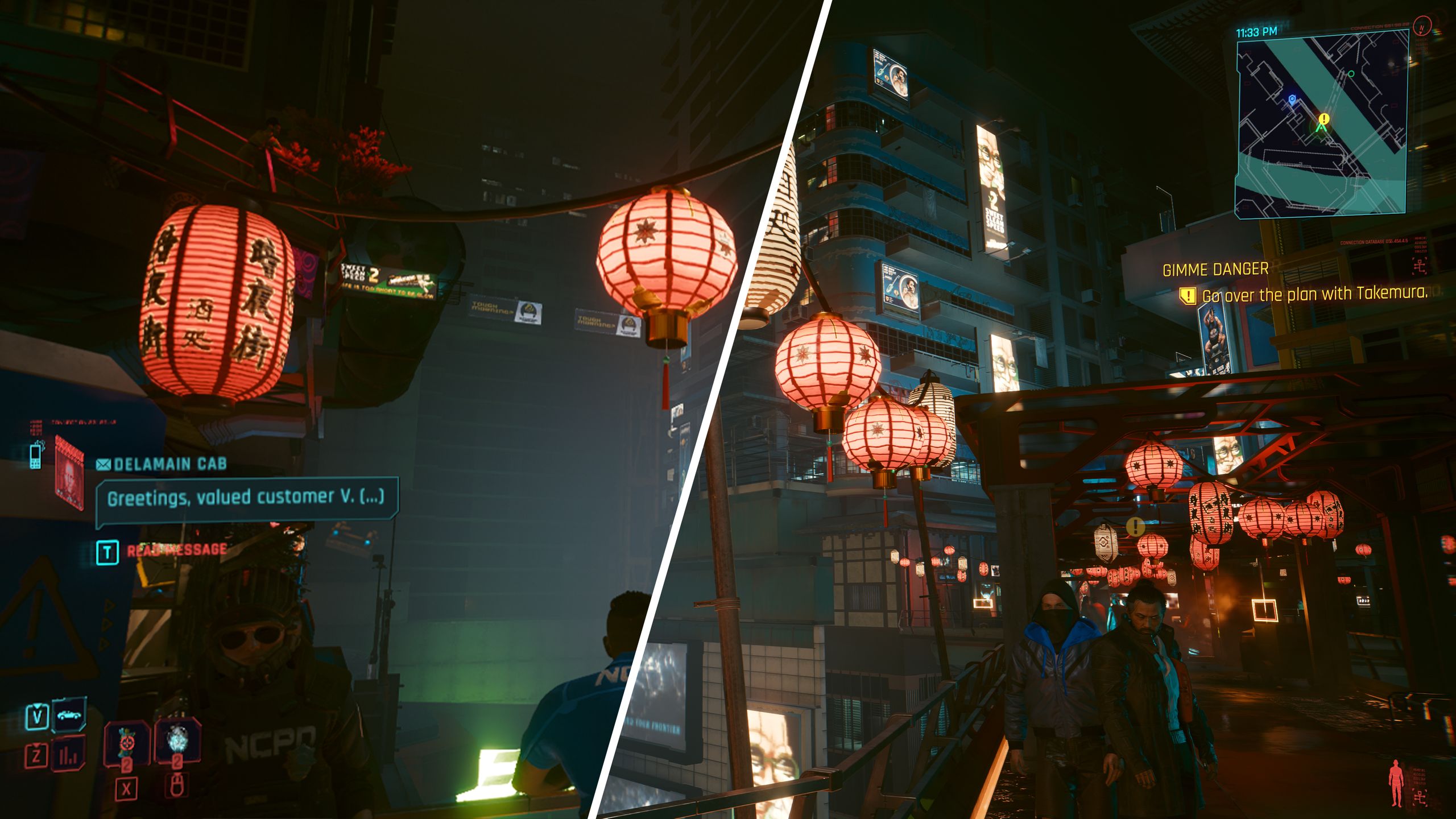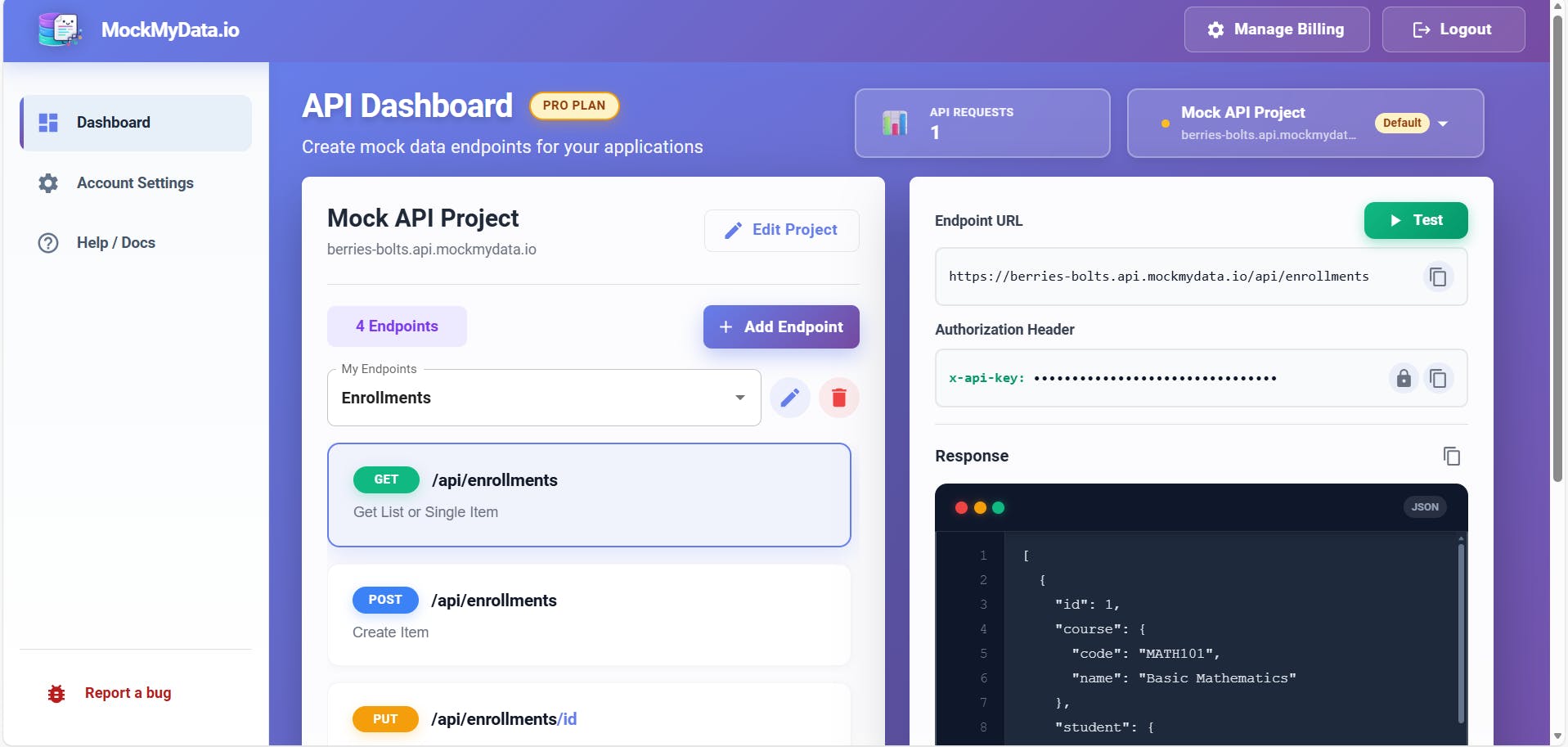Don’t miss out on our latest stories. Add PCMag as a preferred source on Google.
Good news for PC builders: Prices on higher-end graphics cards continue to drop, except for Nvidia’s GeForce RTX 5090, which is in short supply.
According to our checks, GPU prices have either dipped or remained mostly the same since last month, a welcome sign after earlier this year when the top products were experiencing exorbitant price gouging and low supplies.
Nvidia has been selling the Founders Edition RTX 5080 at its $999 starting price. It’s currently in stock, and the company is throwing in a free copy of the upcoming shooter Arc Raiders. Customers can also find the Zotac and PNY RTX 5080 models for $999 at retailers such as Best Buy, Newegg, and Walmart.
Nvidia’s GeForce RTX 5070 Ti has been experiencing a similar trend, with the Asus, PNY, and Zotac versions of the card available at their starting price of $749 at retailers, including Best Buy, Newegg, and Walmart. In a few cases, though, the product’s pricing went up slightly.
Meanwhile, AMD’s Radeon RX 9070 XT seemed to show the most consistent price decrease from month to month. The product can be purchased for as low as $669, although we have yet to see it return to its original $599 starting price.
We compiled the graphs using price history data from PCPartPicker.com, and then checked online retailers including Amazon, Best Buy, Newegg, and B&H Photo. The results show some surprising increases for the RTX 5090, which typically starts at $1,999. The lowest we could find was $2,599 at Walmart.
Recommended by Our Editors
We’ll be curious to see how the pricing plays out during Black Friday sales. Last month, we saw Walmart and Micro Center offer an RTX 5080 model for $929 and $899, respectively.
Gamers might also consider waiting since there are rumors that Nvidia will launch upgraded Super models for the RTX 5000 series in the coming months, possibly in January. In some bad news, though, pricing for DDR4 and DDR5 RAM has been soaring due to demand for AI compute, new data centers, and the phasing out of older RAM production.

Get Our Best Stories!
Your Daily Dose of Our Top Tech News

By clicking Sign Me Up, you confirm you are 16+ and agree to our Terms of Use and Privacy Policy.
Thanks for signing up!
Your subscription has been confirmed. Keep an eye on your inbox!
About Our Expert

Michael Kan
Senior Reporter
Experience
I’ve been a journalist for over 15 years. I got my start as a schools and cities reporter in Kansas City and joined PCMag in 2017, where I cover satellite internet services, cybersecurity, PC hardware, and more. I’m currently based in San Francisco, but previously spent over five years in China, covering the country’s technology sector.
Since 2020, I’ve covered the launch and explosive growth of SpaceX’s Starlink satellite internet service, writing 600+ stories on availability and feature launches, but also the regulatory battles over the expansion of satellite constellations, fights with rival providers like AST SpaceMobile and Amazon, and the effort to expand into satellite-based mobile service. I’ve combed through FCC filings for the latest news and driven to remote corners of California to test Starlink’s cellular service.
I also cover cyber threats, from ransomware gangs to the emergence of AI-based malware. Earlier this year, the FTC forced Avast to pay consumers $16.5 million for secretly harvesting and selling their personal information to third-party clients, as revealed in my joint investigation with Motherboard.
I also cover the PC graphics card market. Pandemic-era shortages led me to camp out in front of a Best Buy to get an RTX 3000. I’m now following how President Trump’s tariffs will affect the industry. I’m always eager to learn more, so please jump in the comments with feedback and send me tips.
Read Full Bio









